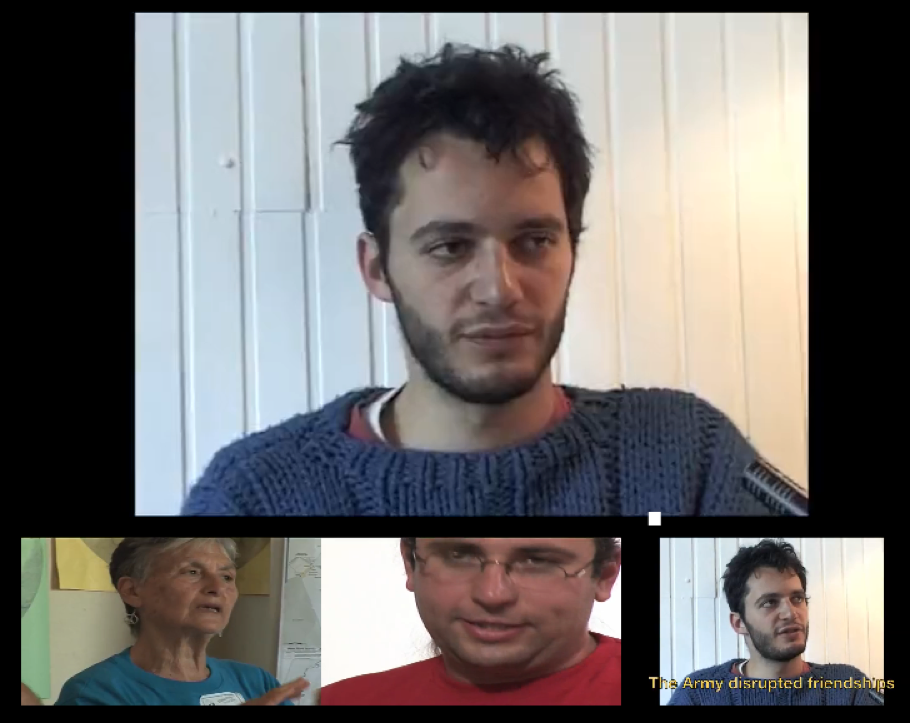The Only Democracy? » On The Ground Reports » Palestinian Right to Education: The Case of Awarta
Palestinian Right to Education: The Case of Awarta
Itamar, the settlement where a family of five was brutally murdered in early March, borders the village of Awarta near Nablus, and is illegally built on village land. Immediately following the murder, and continuing for weeks thereafter, the Israeli military carried out pogrom-like incursions into the village—raiding homes, making mass arrests, destroying property, beating and torturing residents, and imposing extended curfews during which villagers could not leave even to procure food or seek medical attention.
A just-released report from the UNESCO Chair on Human Rights at An Najah National University in Nablus focuses on the impact of this policy of collective punishment on the right to education of over 100 University students from Awarta.
The Israeli military operations carried out in Awarta over the past month and a half have left the entire community traumatized, but in many ways has especially impacted the students from the village. Over 100 students attend An Najah National University, located 15 minutes away in the West Bank city of Nablus. Since March 12, An Najah students from Awarta have been forced to miss days and sometimes weeks of class, including crucial exam periods due to curfews, closures and abuse and arrest of the students and their families. Class material and research has been destroyed and/or confiscated during the raids of their homes, resulting in lost graduation projects and notes for the entire semester. Additionally, students report an overall inability to concentrate on their studies because of sleep deprivation, anxiety and economic hardships caused by the raids and arrests of family members.
Students also feel certain that the attacks on their village have not yet ended. Settler leaders from Itamar have openly called for the ethnic cleansing of “Arabs” from the West Bank, and residents have reported increased settler violence including stone throwing by settlers on the road to Awarta and an attempted kidnapping. One student articulated the profound sense of vulnerability within the village, stating “There’s no such thing as protection for our rights.”
Filed under: On The Ground Reports · Tags: Awarta, Human Rights, Nablus, Right to Education, UNESCO








 “You have a choice! Israeli Anti-Militarists Speak”
“You have a choice! Israeli Anti-Militarists Speak”